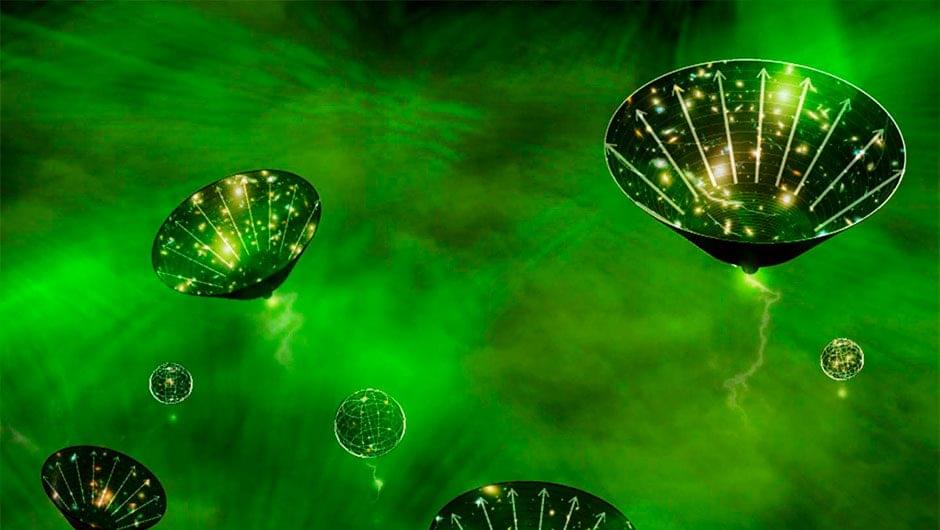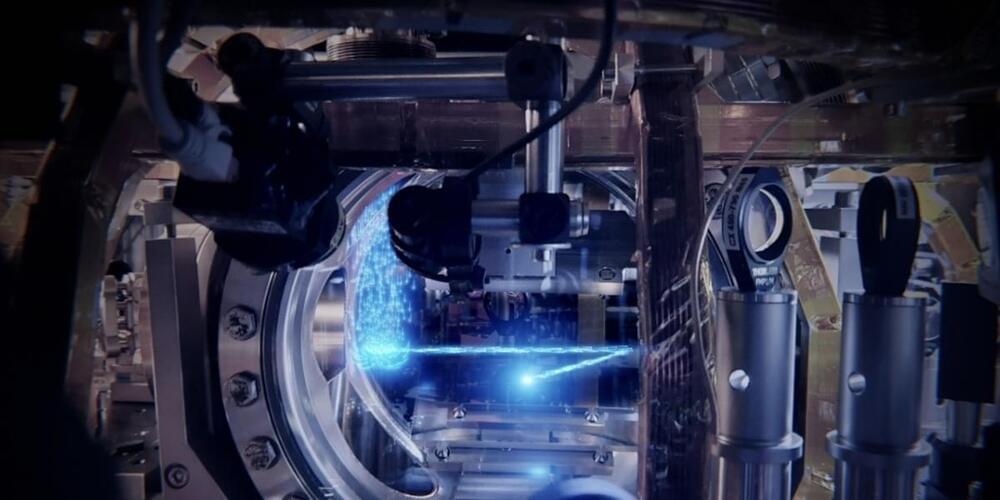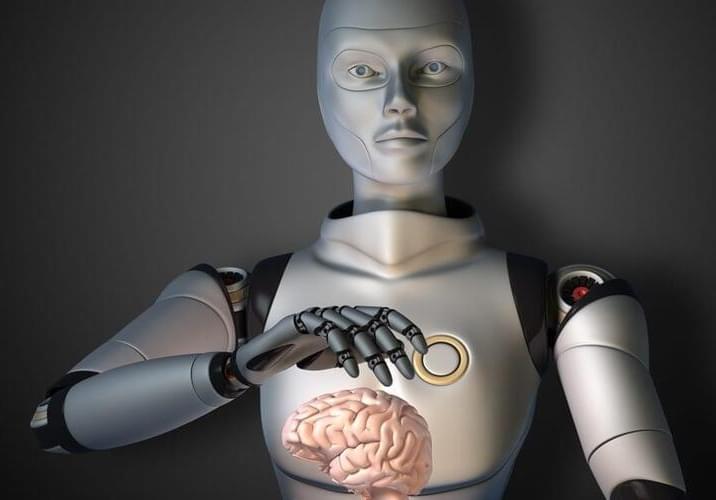OpenAI could release GPT-5 at the end of this year and achieve artificial general intelligence, which would make generative AI indistinguishable from a human, according to a report.



The Mittani Empire’s urban center is revealed by a drought.
A 3400-year-old city from the Mittani Empire that was formerly situated on the Tigris River has been discovered by a group of German and Kurdish archaeologists.
Early this year, as a result of the severe drought in Iraq, a town erupted from the waters of the Mosul reservoir.

Life comes in all shapes in sizes, but some sizes are more popular than others, new research from the University of British Columbia (UBC) has found.
In the first study of its kind published today (March 29) in PLOS ONE, Dr. Eden Tekwa, who conducted the study as a postdoctoral fellow at UBC’s department of zoology, surveyed the body sizes of all Earth’s living organisms, and uncovered an unexpected pattern. Contrary to what current theories can explain, our planet’s biomass—the material that makes up all living organisms—is concentrated in organisms at either end of the size spectrum.
“The smallest and largest organisms significantly outweigh all other organisms,” said Dr. Tekwa, lead author of “The size of life,” and now a research associate with McGill University’s department of biology. “This seems like a new and emerging pattern that needs to be explained, and we don’t have theories for how to explain it right now. Current theories predict that biomass would be spread evenly across all body sizes.”

😗😁
New experiments can re-create the young cosmos, when it was a mash of fundamental particles, more precisely than ever before.


In order to figure out how English might evolve in the future, we have to look at how it has changed in the near and distant past.

